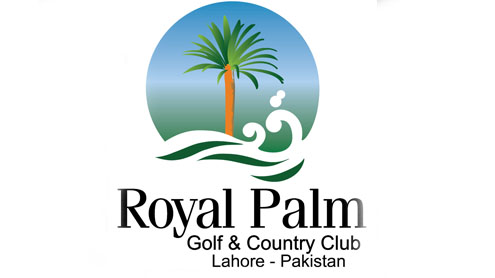 The Supreme Court, while pronouncing its judgment on the case about Karachi’s blood-soaked situation of which it had taken suo moto notice, has ordered the authorities to take certain specific measures, which if adopted would, once again, turn the long suffering city into a peaceful thriving centre of trade and industry. Both the provincial and federal governments were fairly and squarely blamed for their failure to take effective steps to control target killings, the extortion mafia and other ills that have bedevilled Karachi’s climate. The police did not walk away with a non-guilty verdict; its performance was regarded as unsatisfactory. The judges cited in their verdict the Joint Investigation Team’s report to the effect that all political parties with a stake in Karachi were engaged in extortion and asked them to expel the criminal elements from their ranks.
The Supreme Court, while pronouncing its judgment on the case about Karachi’s blood-soaked situation of which it had taken suo moto notice, has ordered the authorities to take certain specific measures, which if adopted would, once again, turn the long suffering city into a peaceful thriving centre of trade and industry. Both the provincial and federal governments were fairly and squarely blamed for their failure to take effective steps to control target killings, the extortion mafia and other ills that have bedevilled Karachi’s climate. The police did not walk away with a non-guilty verdict; its performance was regarded as unsatisfactory. The judges cited in their verdict the Joint Investigation Team’s report to the effect that all political parties with a stake in Karachi were engaged in extortion and asked them to expel the criminal elements from their ranks.
The 152-page ruling reached the heart of the problem, prescribed a comprehensive solution within the provisions of the Constitution and, to make that possible, underlined the need for thoroughly depoliticised and independent police force as well as investigative agency. Among the other measures listed to put an end to the sufferings of the Karachiites is the constitution of a committee headed by the Sindh High Court Chief Justice for the purpose of monitoring the situation to make sure that while cleaning up the mess no one is discriminated against by the police or the Rangers; the SHC will review the situation every month and send its recommendation to the apex court for any action, if deemed necessary. Deweaponisation of the city; delimitation of its administrative boundaries and constituencies to break strongholds of different groups and to ensure the abolition of no-go areas; legislation of specific laws against land-grabbing and encroachments; creation of a cell to list immigrants; and payment of compensation for the losses the people suffered as a result of the deathly mayhem – there are some of the other measures ordered by the five-bench court. Initiating the process of banning a party was the job of the government, though the final decision rested with the Supreme Court, the judgment rightly pointed out.
One cannot more agree with the SC that if the situation does not change, it will be difficult to run the affairs of the government. Unfortunately, much against the wishes of the Karachiites, Thursday, the day when the MQM rejoined the ruling coalition, witnessed another round of daring murders – six, including two political workers. It might be just a coincidence, but once all major forces join hands in the governance of the province, there should be no doubt about peace taking hold. The government should take heed of the fact that if democracy has to take root and flourish in the country, the first requirement would be guaranteed security of life and property of all its inhabitants. – nation












